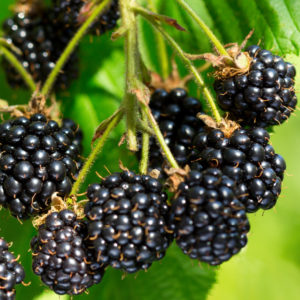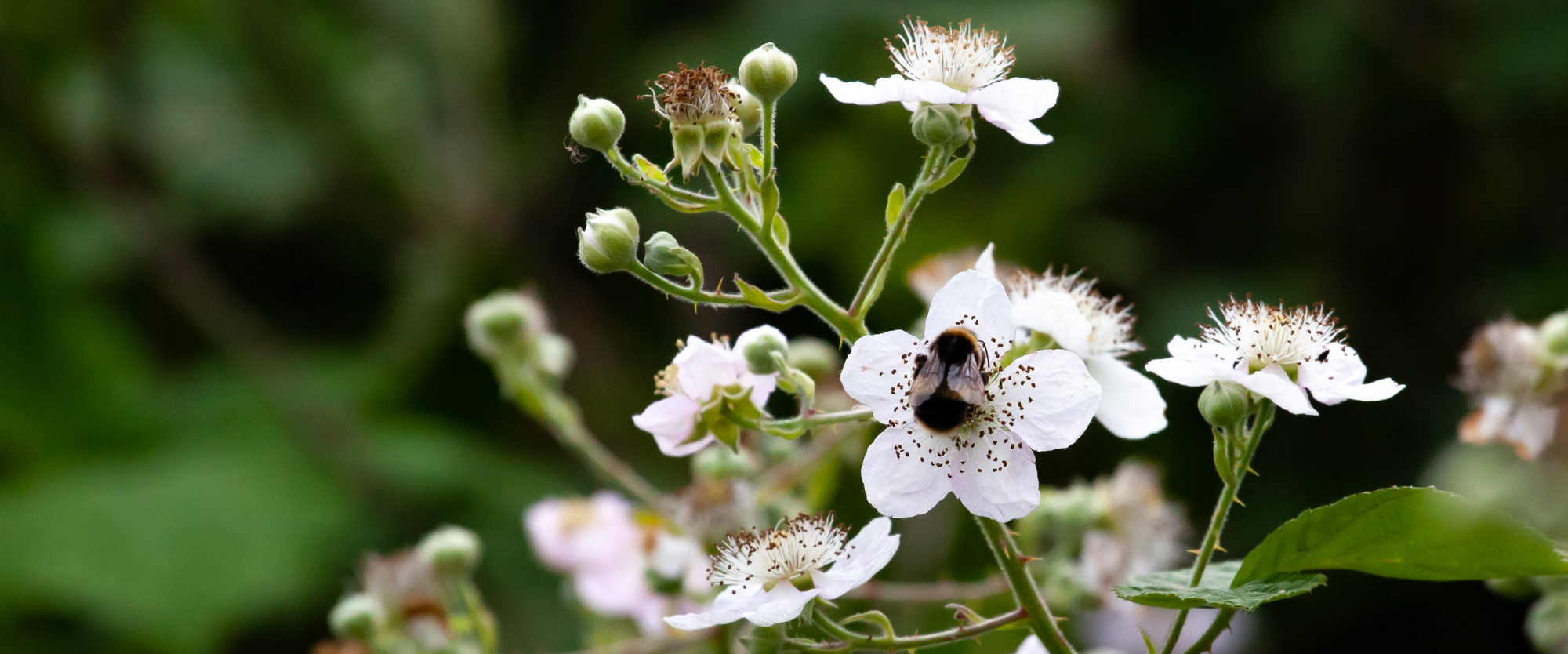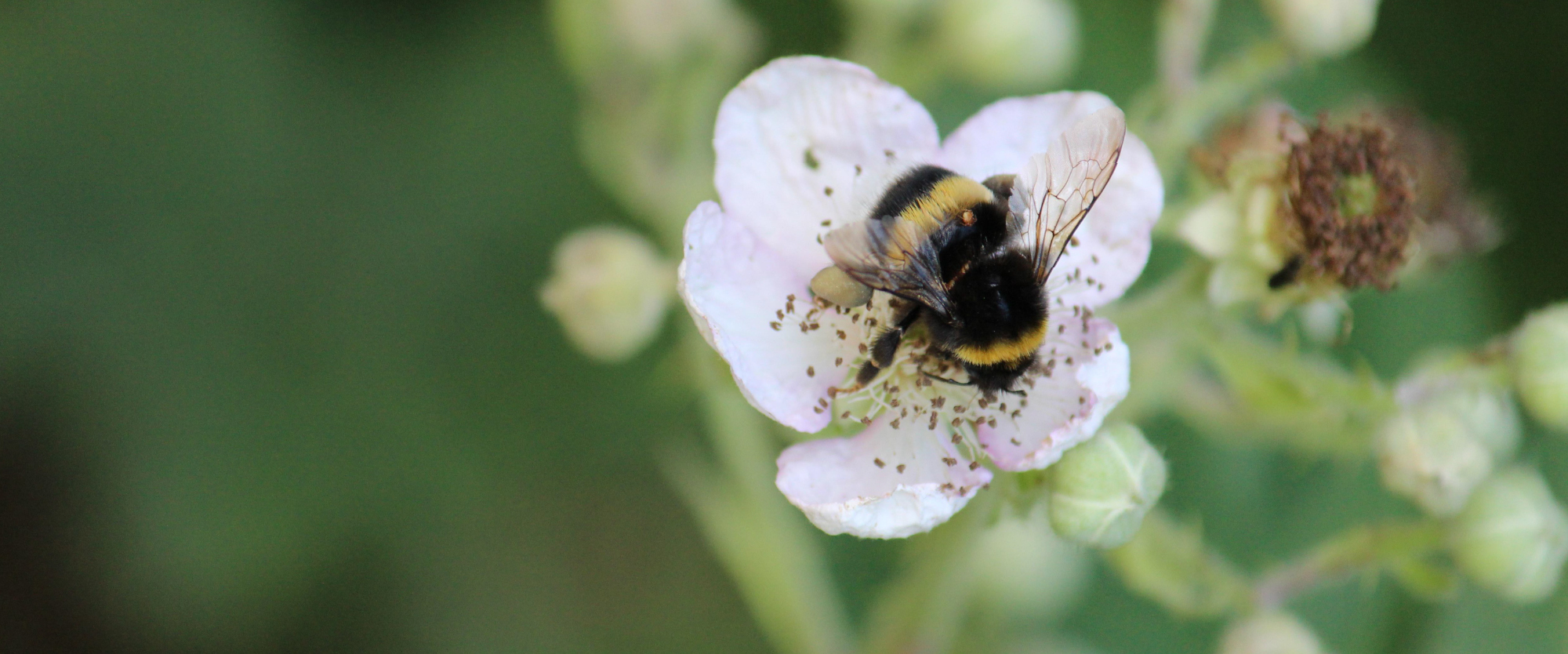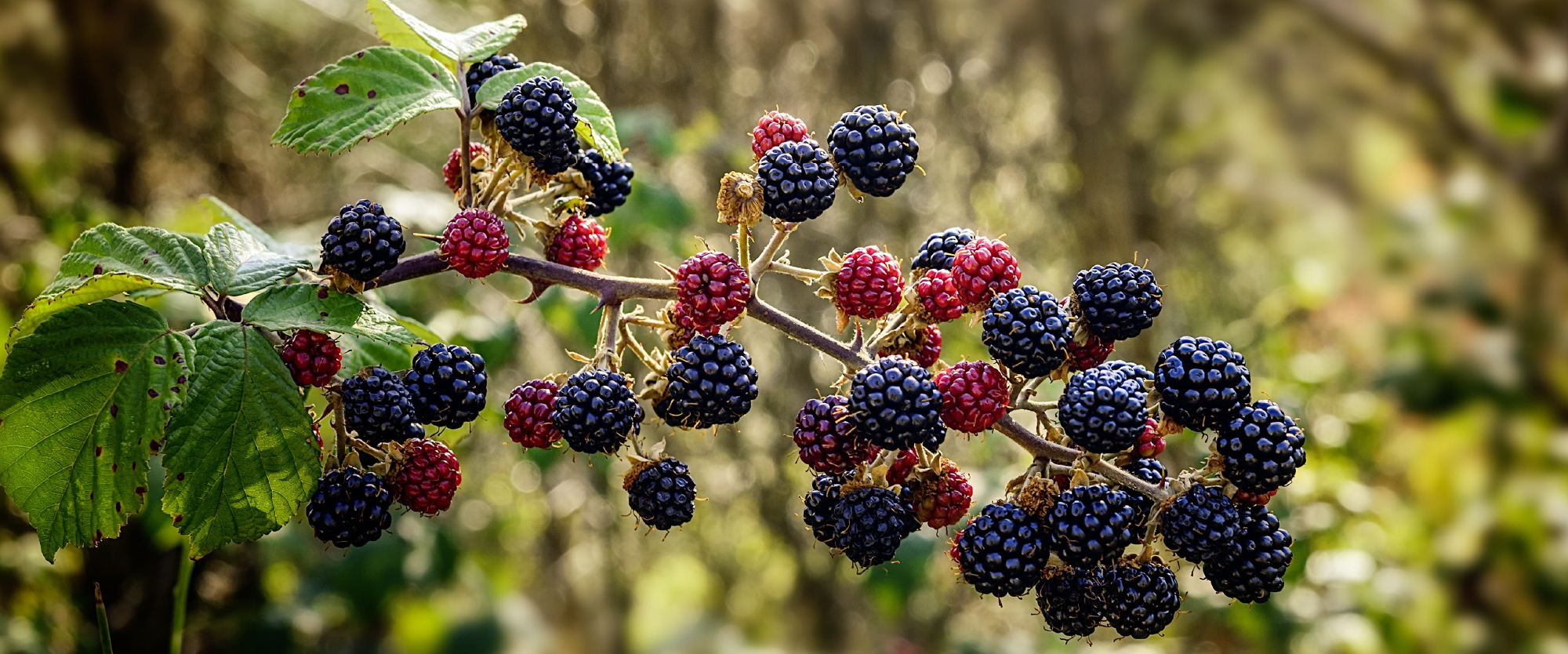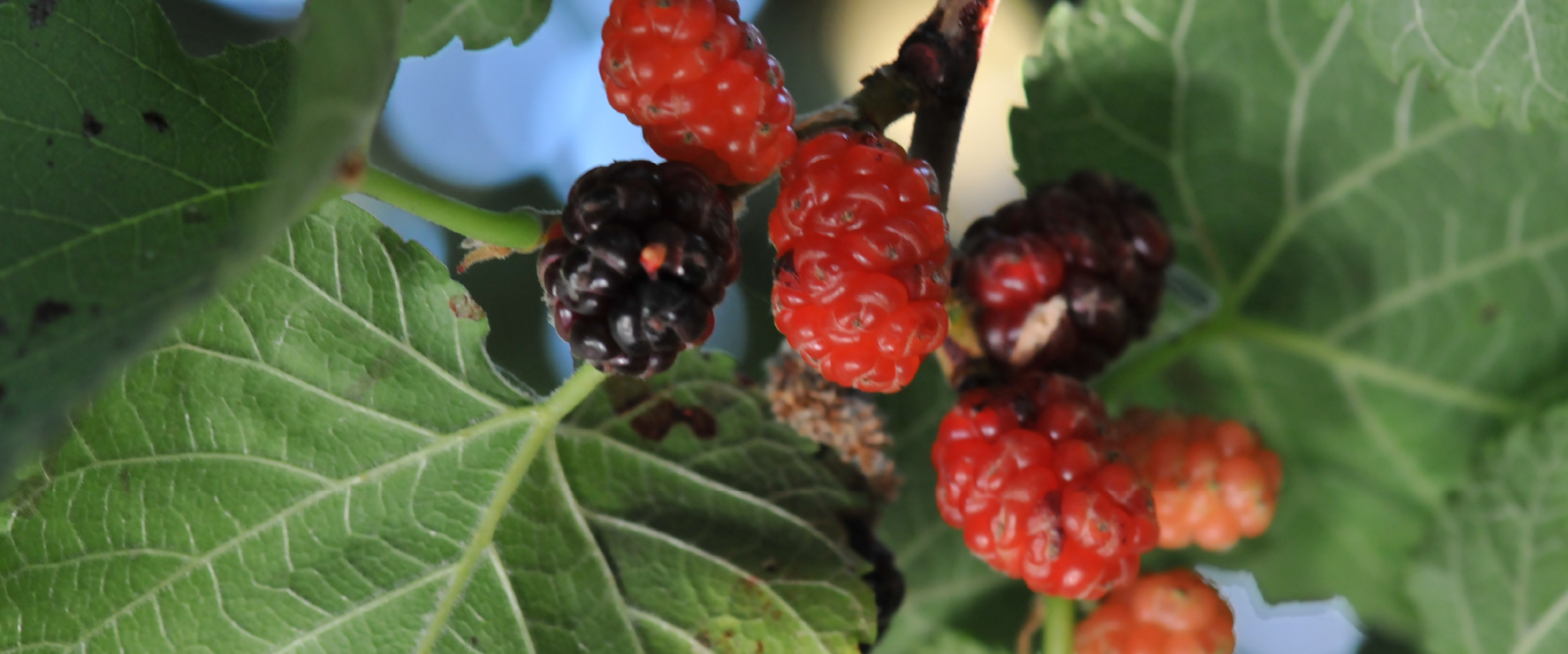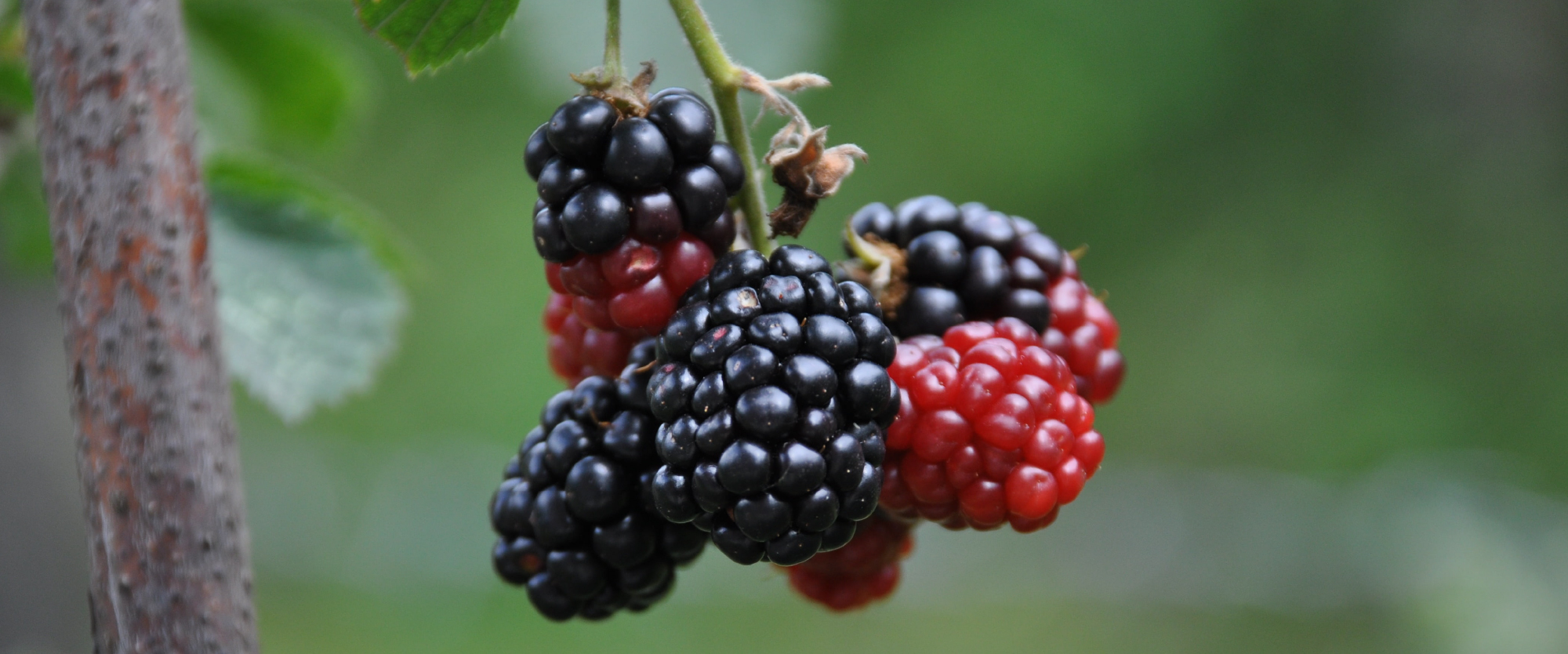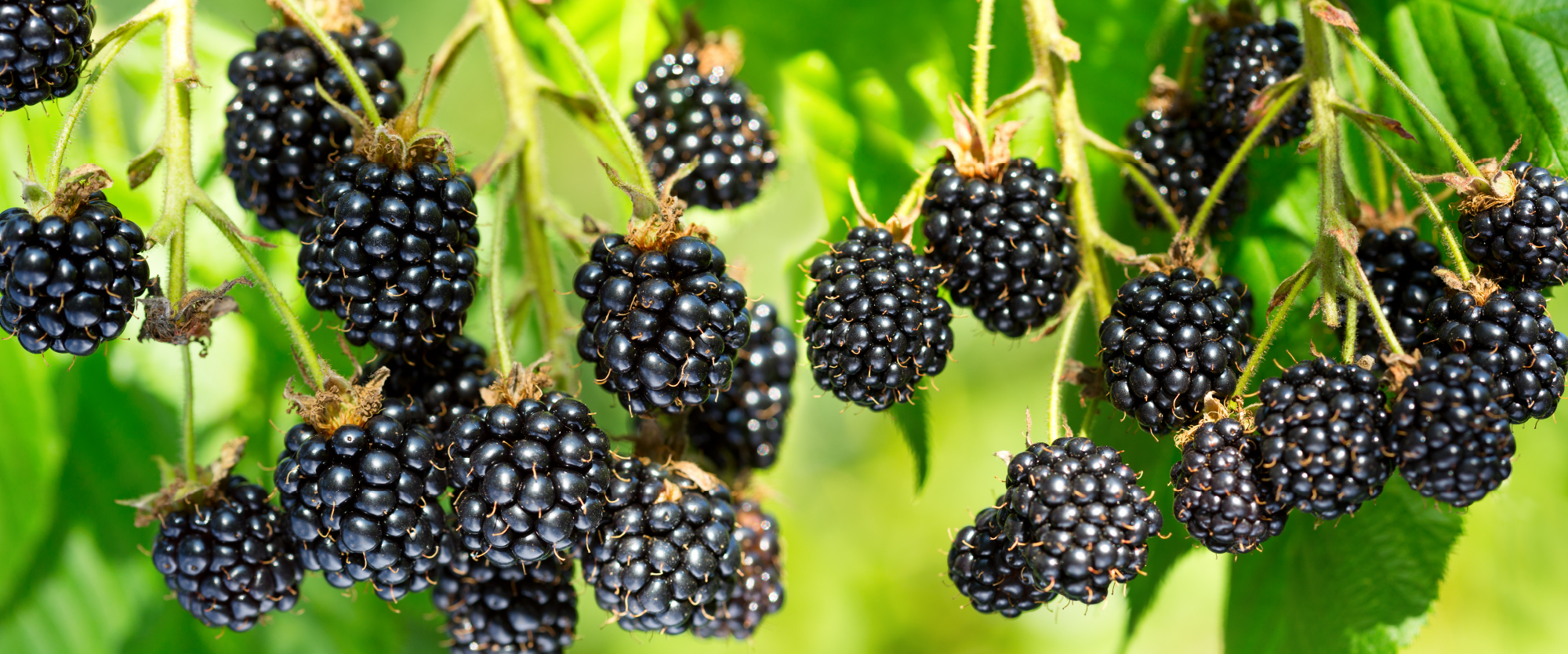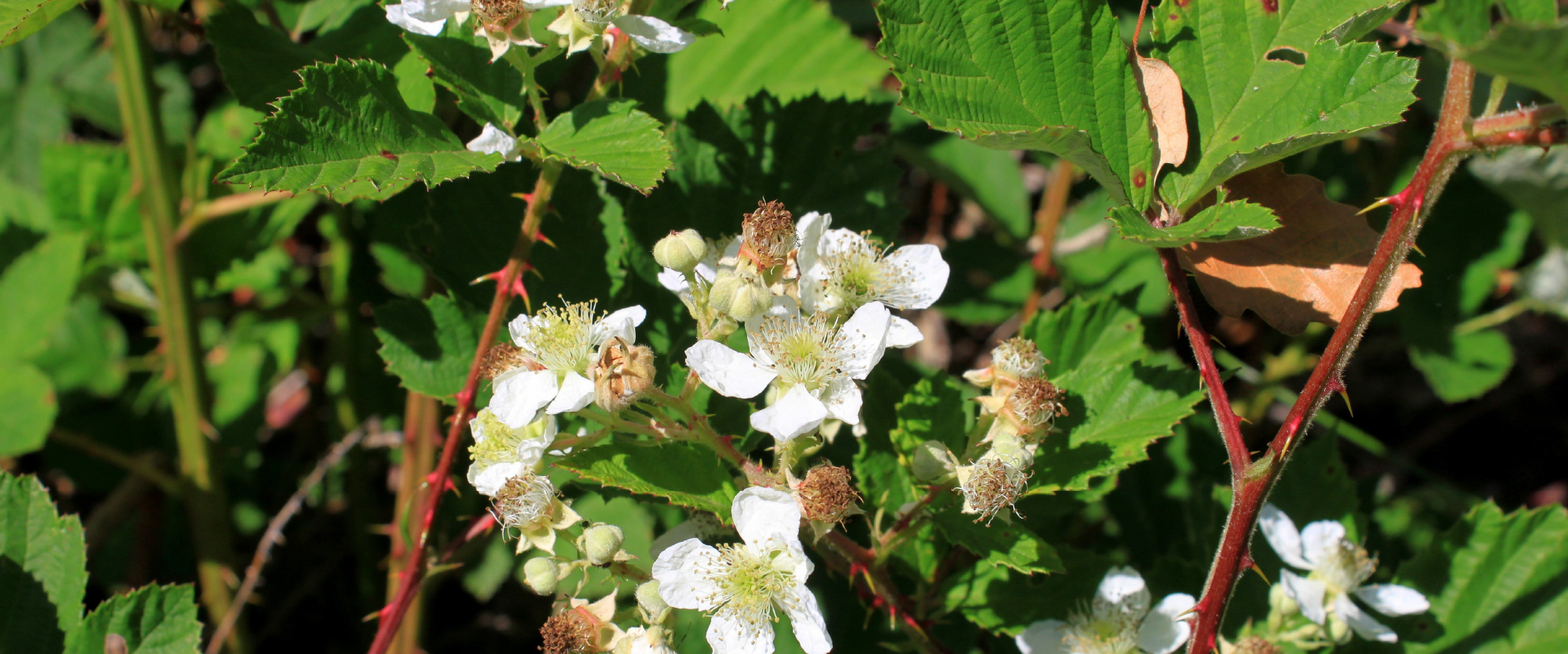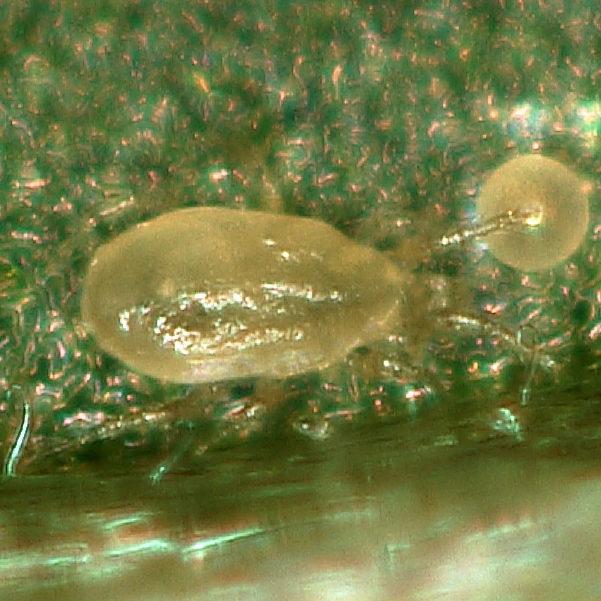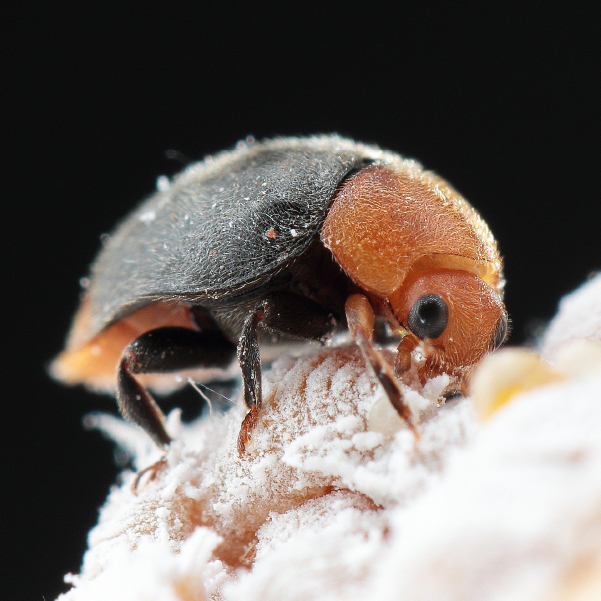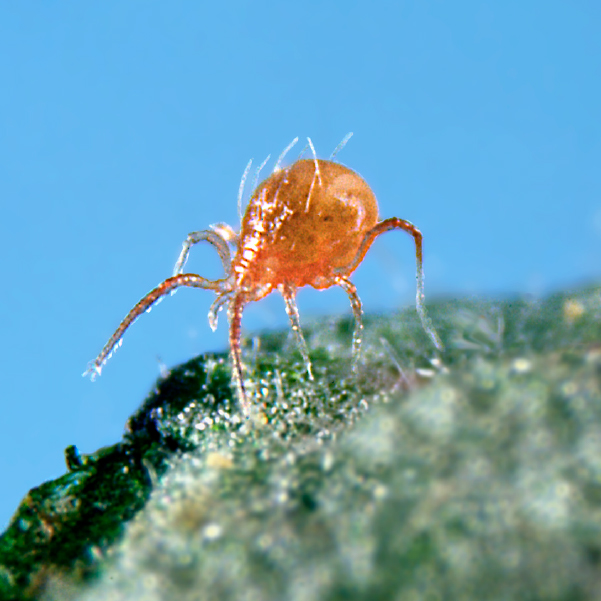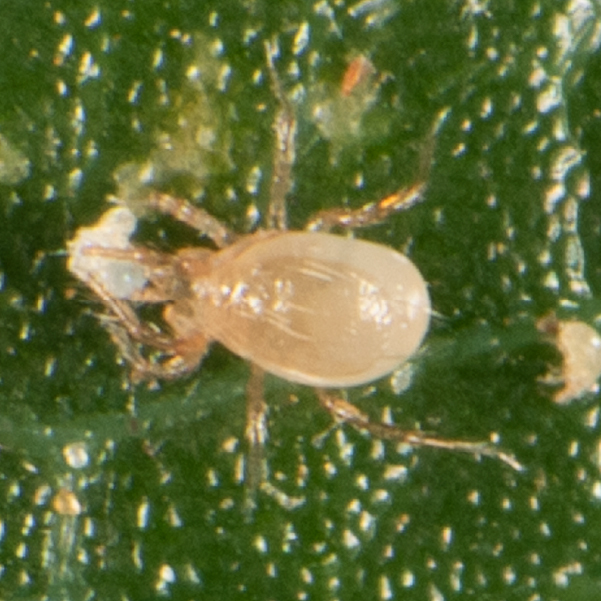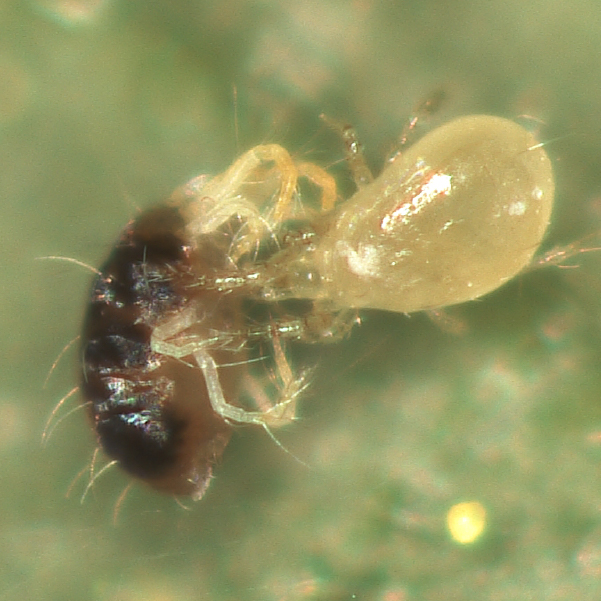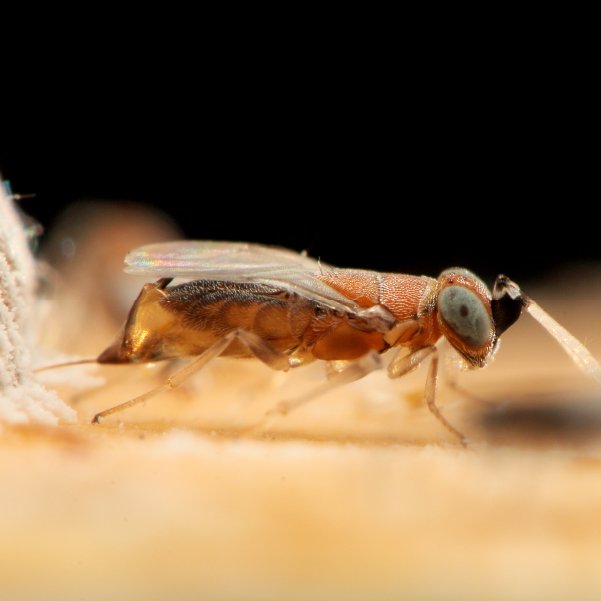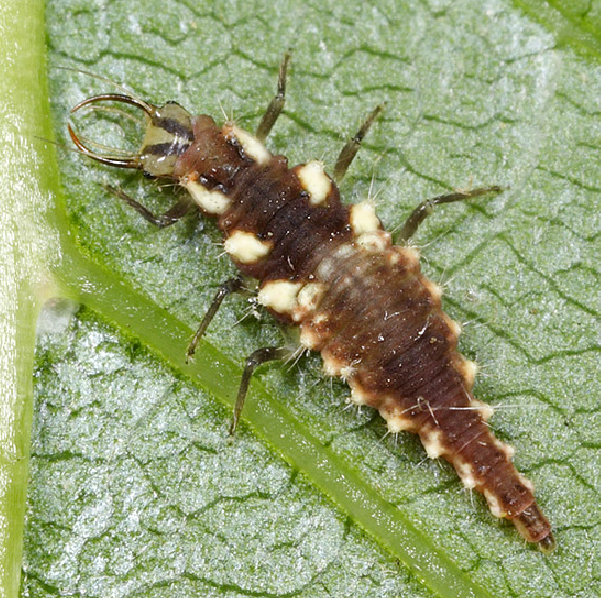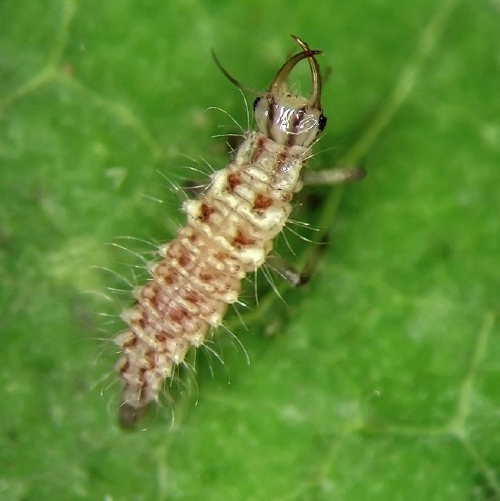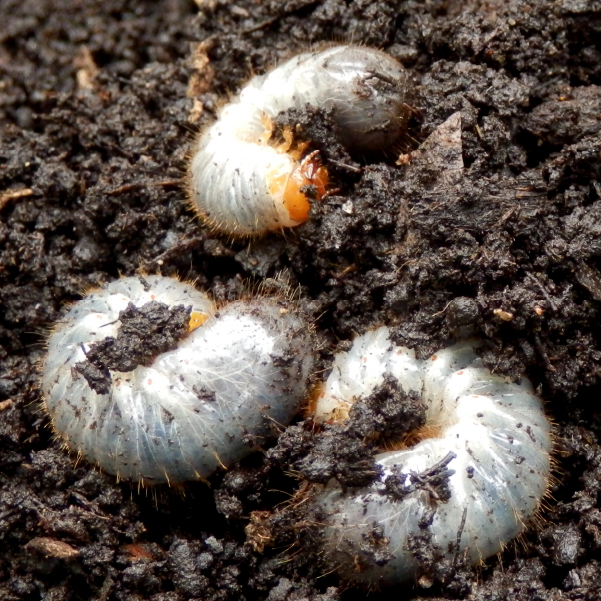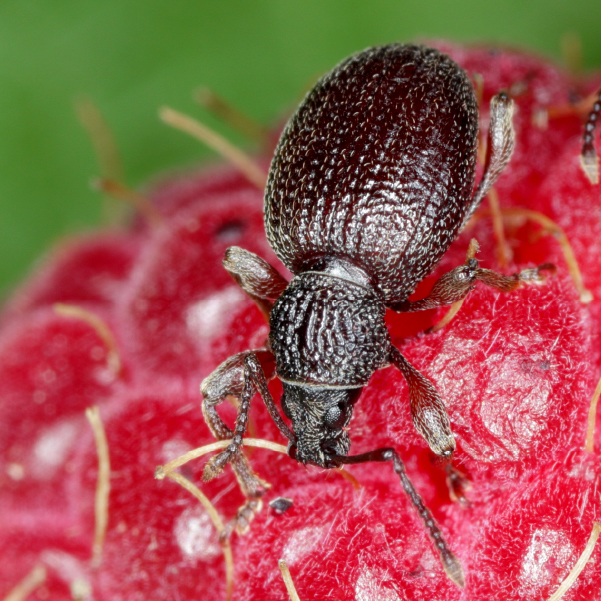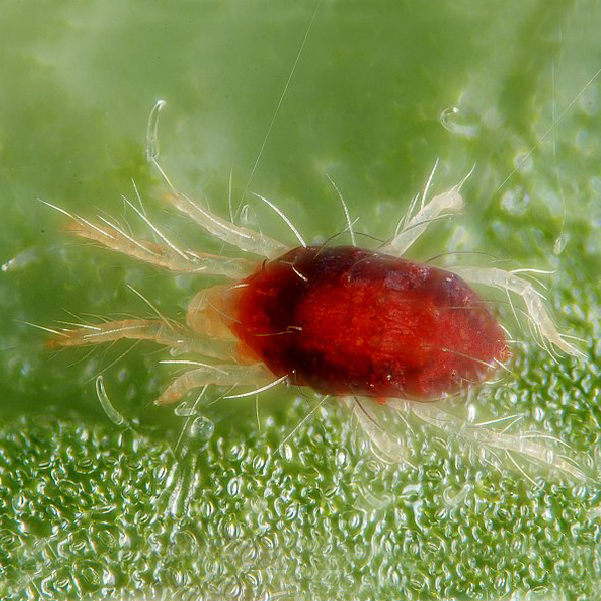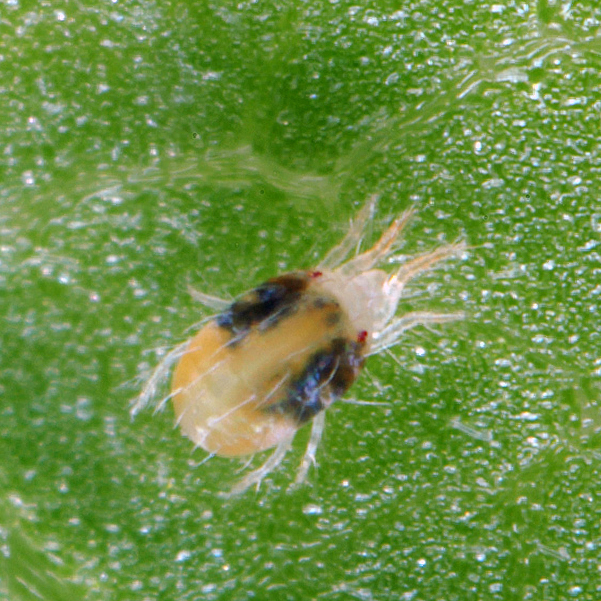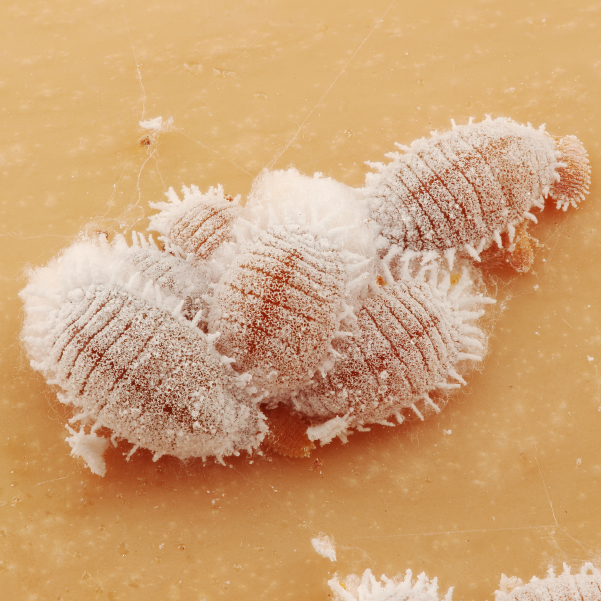The blackberry is the edible fruit of a multitude of plant species in the genus Rubus of the rose family. Blackberry shrubs need ample sun and water for optimal development. Blackberries are an important commercial fruit crop, widely grown in all temperate regions of the world. What distinguishes the blackberry from its raspberry relatives is whether or not the torus (receptacle or stem) stays with the fruit. When picking a blackberry fruit, the torus stays with the fruit while with a raspberry, the torus remains on the plant, leaving a hollow core in the raspberry fruit.
Mexico is the leading producer of blackberries, with nearly the entire crop being produced for export into the off-season fresh markets in North America and Europe. In the US, Oregon is the leading commercial blackberry producer.
Pollination
There are a large number of blackberry varieties with different degrees of self-fertility. The introduction of bees ensure higher quality and quantity yields. Yield and quality also depend on cross pollination and because bumblebees do not communicate with each other the chances of cross pollination (pollination to non-related plants) is much higher. Additionally, Bumblebees do not store honey like the honey bee, so they must forage daily. They can perform in cold, cloudy and rainy conditions and work very fast (4 times faster than the honey bee), which means that they visit many more flowers at any given time. They are very large (twice the size of a honey bee) and fuzzier, so every visit to the flower causes effective pollination.
Pests and diseases
BioBee’s approach to IPM is multifaceted, employing multiple strategies to achieve the optimal result. In addition to the gradual release of host-specific beneficial insects, BioBee recommends that growers use selective “soft” chemical pesticides. This strategy helps growers transition from using “harsh” chemicals, which are dangerous to the human population and the environment and have long-lasting residues. It has also been proven to increase marketable crop yield, and as a result, increases profits.
With BioBee, growers meet the strict legislation in Europe, the U.S., Japan and other countries regarding MRLs (maximum residue levels), as well as GAP (Good Agricultural Practices) requirements, including GLOBALGAP (a voluntary standard required by many supermarket chains in Europe). Produce grown with BioBee requires minimal pesticide use.
BioBee’s staff is extensively trained in the IPM method, and works directly with growers to produce a tailor-made IPM program to meet his or her individual needs. This customized program is successfully implemented with the ongoing oversight and guidance of BioBee’s staff.
